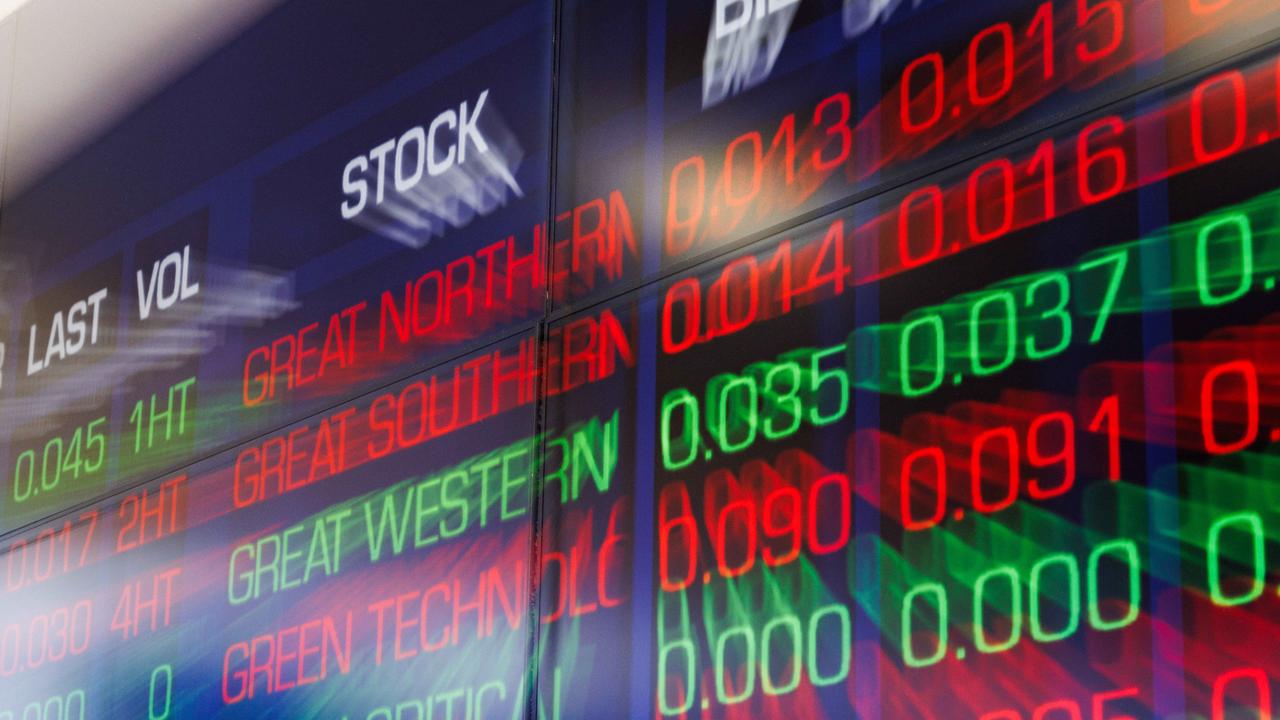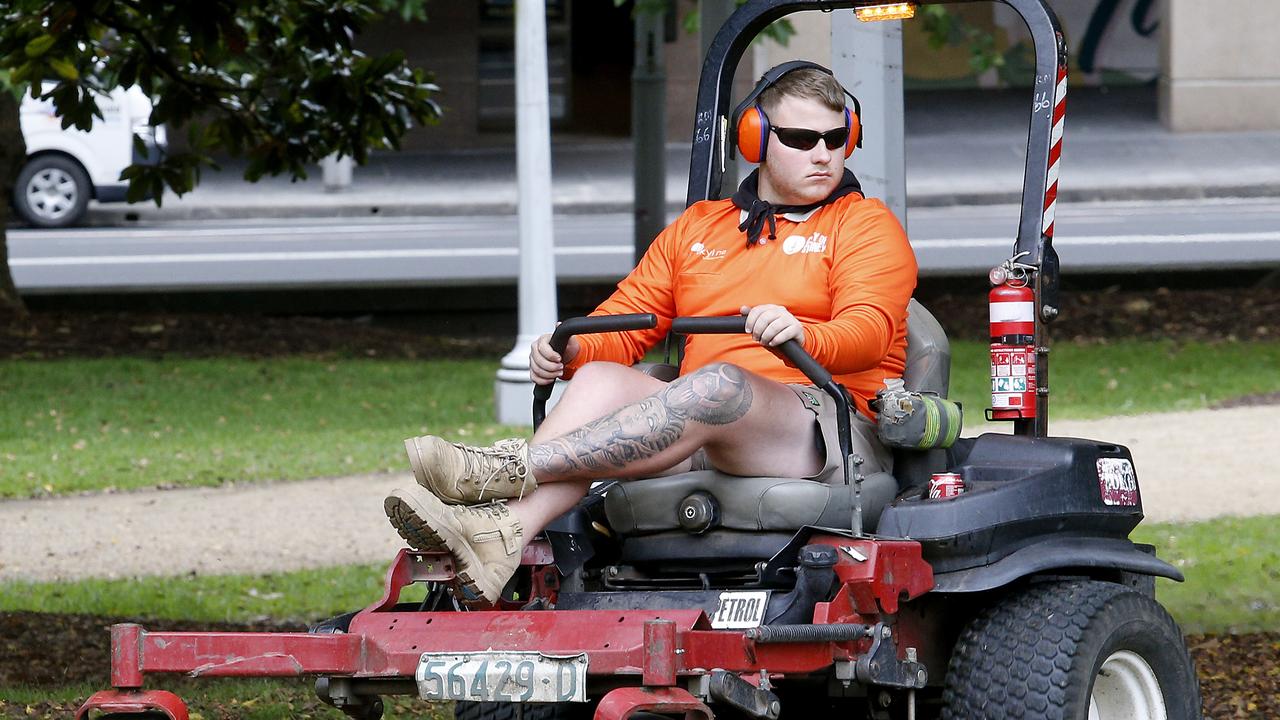‘Long and harsh winter’: Iron ore giants fight through warning from Chinese steel giant
Serious concerns from steel makers in China and big drops in key energy and medical stocks weighed on the ASX Thursday.
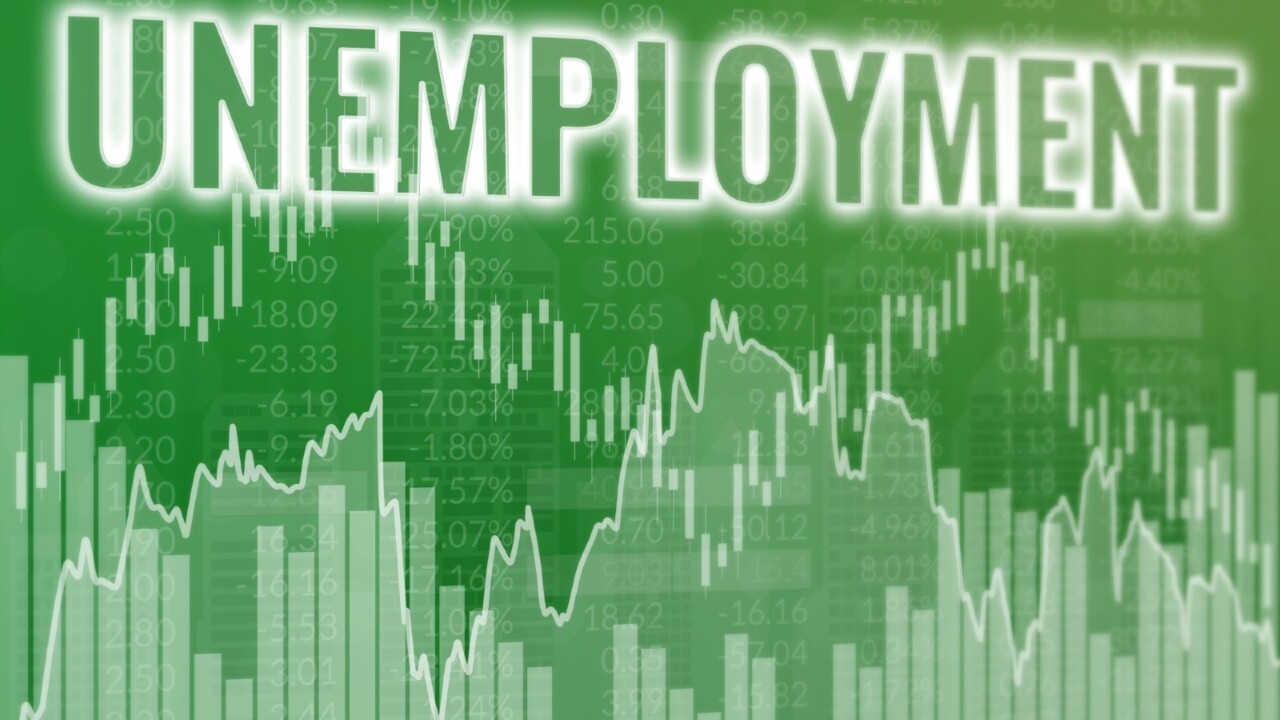
Business Breaking News
Don't miss out on the headlines from Business Breaking News. Followed categories will be added to My News.
Losses from a major energy player and storm clouds over Chinese steel mills have weighed on the Australian market.
The S&P/ASX200 hung tough on Thursday, finishing up 14.8 points at 7865.5, up 0.19 per cent.
But a substantial albatross around the neck of the market was the utilities sector and the bourse’s 32nd largest firm – Origin Energy.
Hikes in wholesale energy costs this year were passed onto consumers by way of tariffs, so despite Origin’s annual electricity gross profit surging $1.1bn, the share price was fried.
The slide could be down to predictions energy market profits will decrease this year.
But whatever the reason, Origin’s share price was down as much as 10 per cent in early trading, and closed with a 9.4 per cent loss on the scoreboard, at $9.60.
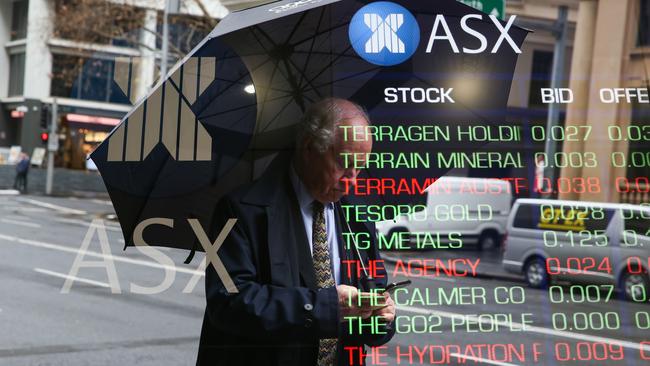
Utilities as a whole were the worst performing sector Thursday, by a stretch, almost-wholly on Origin’s back. The second-largest utilities stock, APA Group, posted a 0.13 per cent loss, finishing at $7.90.
Cochlear also dragged on the market. The medical device company’s results undershot expectations. The chief executive dismissed a 7 per cent daily slide (to $313) as the market getting ahead of itself.
Looking elsewhere, clouds of uncertainty have lingered over the resources sector of late as China slows steel mill production and in Singapore on Thursday iron ore futures sank for a fourth-straight day.
Startled by a warning from Chinese government-owned (and the world’s biggest) steelmaker Baowu of a “long and harsh winter” and continuing downturn in the property sector to come, benchmark iron ore prices have sunk 3.6 per cent this week to $US95.25 a tonne.
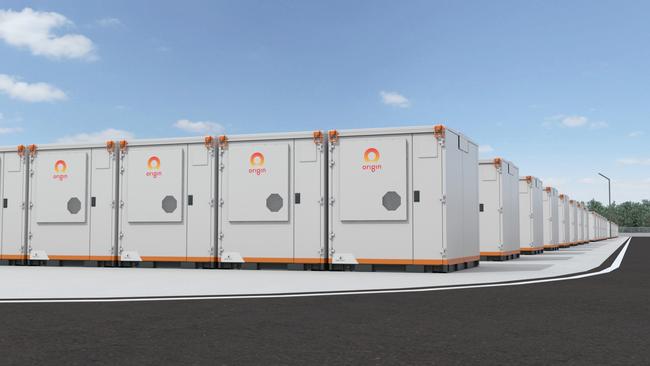
Big players Rio Tinto (-3.5 per cent), Fortescue (-2.8) and BHP (-1) all took losses on Thursday. BHP is down 9 per cent in the past 12 months and Fortescue has fallen 16 per cent in the same time.
Rio Tinto and Baowu are building a mine in the Pilbara, and Rio’s stock is up nearly 5 per cent in the past year.
The ASX materials sector slipped 1.2 per cent on Thursday. Six of the 11 sectors finished in the green, led by telecommunications.
Near the top of the table was Telstra which gained 2 per cent for a six-month high.
The telco’s annual results showed a 12 per cent drop in profit, but 560,000 new customers got a Telstra mobile plan this year; revenue ticked up 1 per cent and underlying earnings rose 3.7 per cent.
The market responded with a green light to Car Group’s annual results, as its share price gained 2 per cent to $36.36 by the closing bell.

Car Group had “another great year” with “excellent financial results” including double-digit revenue and earnings growth “in all of our key geographies”, chief executive Cameron McIntrye said.
The company points to strong-performing Brazilian and US acquisitions, and a “robust” Australian used car market for driving the results.
Signs inflation is easing in the US led to advances on Wall Street overnight.
IG analyst Tony Sycamore said US equities found gains on benign July inflation data showing a continuation of the disinflationary trend, and reinforced expectations the Federal Reserve would cut rates in September.
The US annual inflation rate fell to 2.9 per cent, down from 3 per cent.
Market watchers will have eyes on “all important” US retail sales numbers overnight, Mr Sycamore says.
“If we were to see a negative retail control sales number, it would likely set alarm bells ringing, given the market’s recent concerns about a recession in the US.”
Originally published as ‘Long and harsh winter’: Iron ore giants fight through warning from Chinese steel giant




